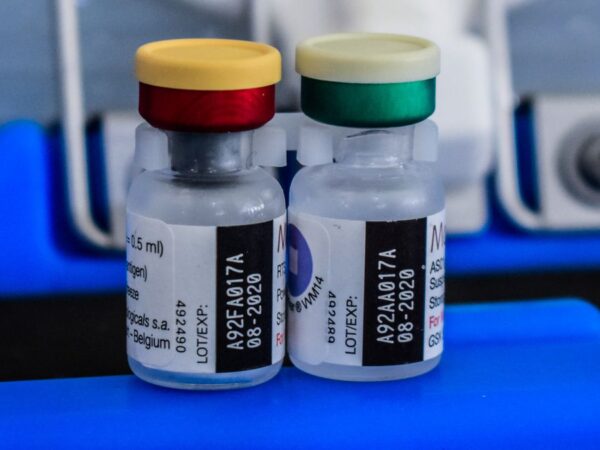N Today’s landmark announcement, the World Health Organization has recommended the use of the first malaria vaccine. RTS, S, also known as Mosquirix. In particular, who said it must be deployed for children in sub-Saharan Africa and other areas where with medium to high malaria transmission. This announcement follows in the footsteps of the major vaccine progress around the Covid-19 pandemic. To be clear, RTS, S, is not a MRNA vaccine, which has the potential to make a greater impact on malaria and other diseases that have affected humans from age.
“This is a historic moment. Awaited malaria vaccine for children is a breakthrough for science, child health and malaria control,” said Director General Dr. Tedros Adhanom Ghebreyesus in a statement. “Using this vaccine above the existing tool to prevent malaria can save tens of thousands of young life every year.”
RTS, S has a level of efficacy to prevent 39 percent of malaria cases and 29 percent of severe cases, based on trials in Africa involving small children. It might look very low, but when combined with other anti-malaria tools, such as sleeping nets with insecticides, which say vaccines have the potential to save tens of thousands of their lives every year. The organization estimates that more than 260,000 African children (a total of around 500,000) die of malaria every year.
Most importantly, who also says RTS, s can be deployed easily, safely used and cost-effective to launch. According to The Guardian, the company behind the vaccine, GlaxoSmithkline (GSK), said it would supply up to 15 million annual doses no more than 5 percent of production costs. WHO and GSK are looking for additional funding sources from partners and the government.
RTS, S is initially. Thanks to MRNA-based technology, which can teach our bodies how to respond to certain diseases, Oxford University R21 vaccines up to 77 percent effective in terms of preventing malaria. And based on the test so far, it is proven safe.
“For centuries, malaria has stalked sub-Saharan Africa, causing a very large personal suffering,” said Dr. Matshidiso Moueti, whose regional director for Africa, said in a statement. “Today’s recommendations offer a glimmer of hope for continents burdened with disease and we hope that more African children are protected from malaria and grow into healthy adults.”

